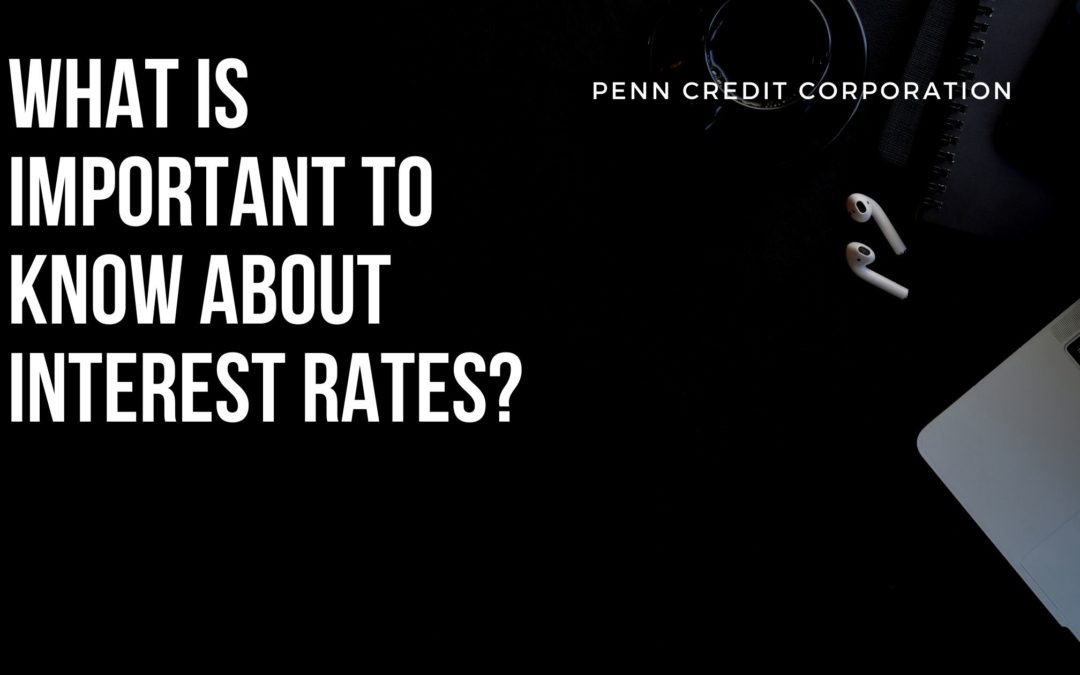An interest rate is a percentage that dictates how much an entity will owe for an outstanding loan. Most loans are paid back to their lenders with interest added on top of the loans, allowing the loans to be attractive and profitable for the lender to make. Interest rates are important to learn about and affect the economy in several ways.
How Interest Rates Affect the Economy
Interest rates are used to control the economy effectively. Interest rates are typically determined at federal levels, and money is then loaned to banks at these rates. In turn, the banks loan money to their customers based on the interest rates that they are receiving for their own loans.
When consumer spending is desired, the interest rates are lowered by the federal entities. Lowering the interest rates allows banks to provide loans with lower interest rates to their customers. The customers then borrow more money to use for purchases, which ultimately increases the supply of money in the financial system.
Interest rates are raised when federal entities want consumers to spend less money. Raising interest rates allows money to become more expensive to borrow, which consumers do their best to avoid due to the amount of interest that they will need to pay back for their loans.
Inflation
Interest rates are usually adjusted to control the effects of inflation on a country’s money supply. Higher interest rates tend to lower inflation due to the fact that consumers place less money into circulation, also causing the demand for both goods and services to decrease. In contrast, lower interest rates can cause inflation to increase due to increased consumer spending.
Stocks and Bonds
Interest rates affect both the stock market and the bond market. Earnings and stock prices tend to get lower when interest rates rise due to decreased demand in the economy.
Low-interest rates provide a wealth of opportunities for financial institutions and individuals to borrow money for less. When interest rates are low, the economy can grow faster, as people ultimately spend less on their loans. Interest rate control is essential to the economy and allows financial institutions to change consumer behaviors based on desired results.

